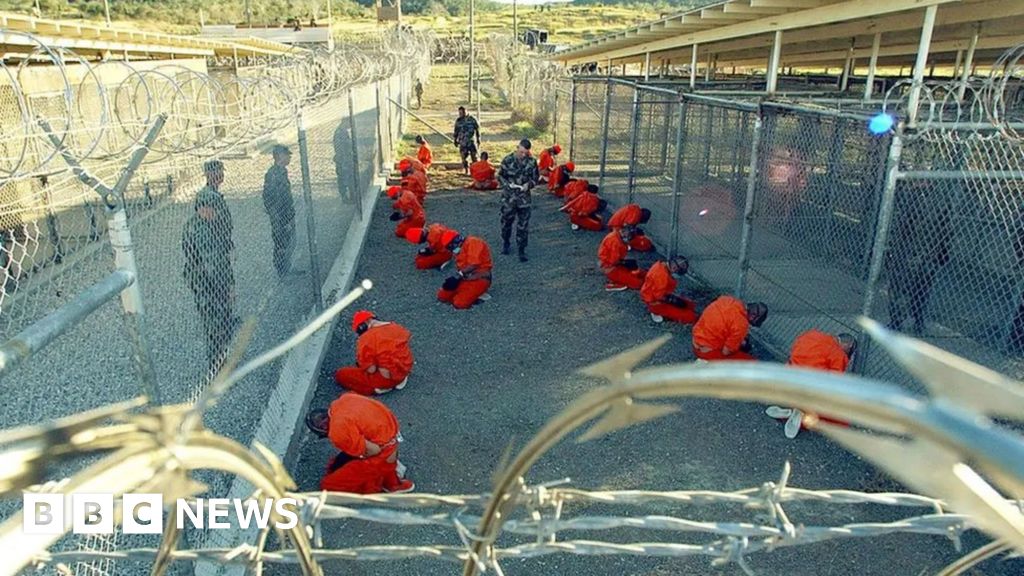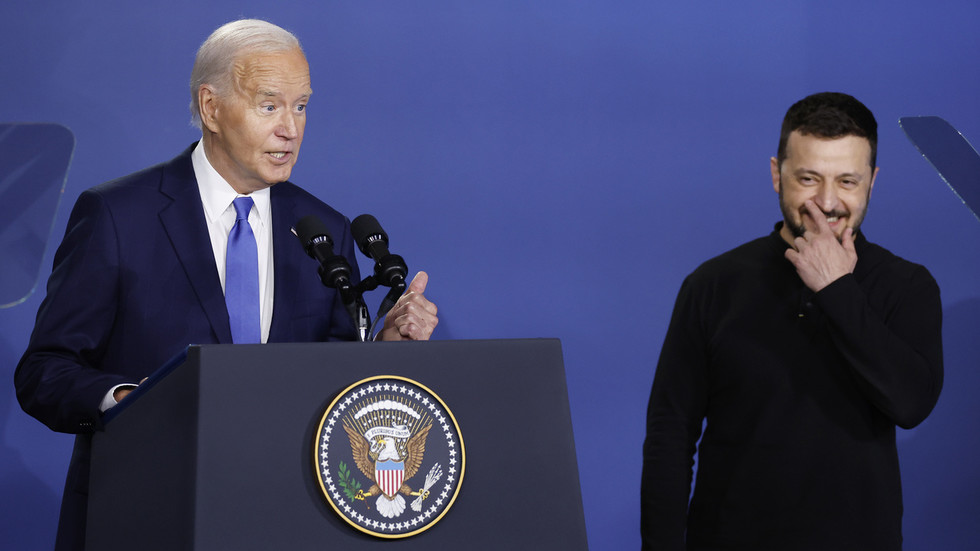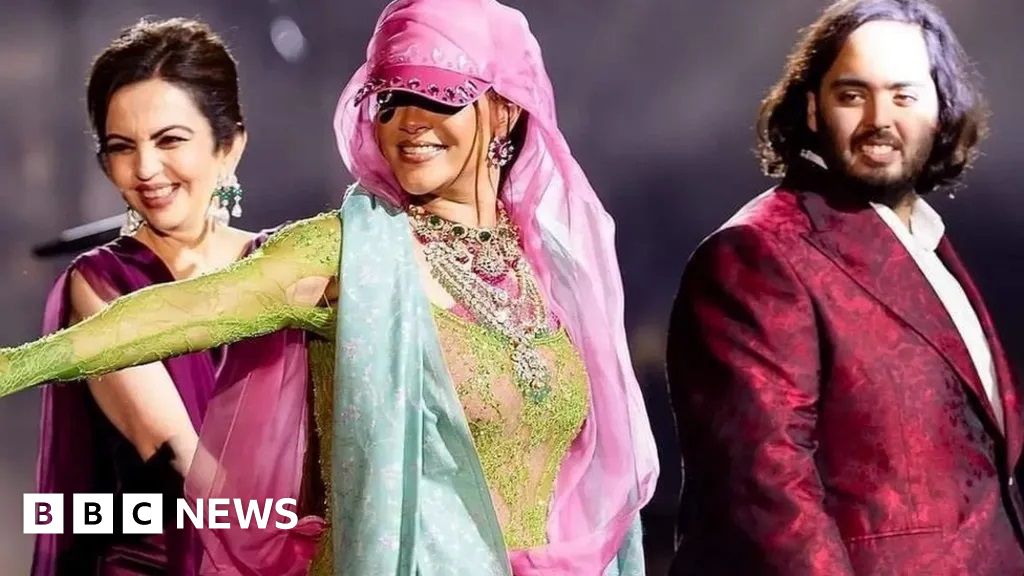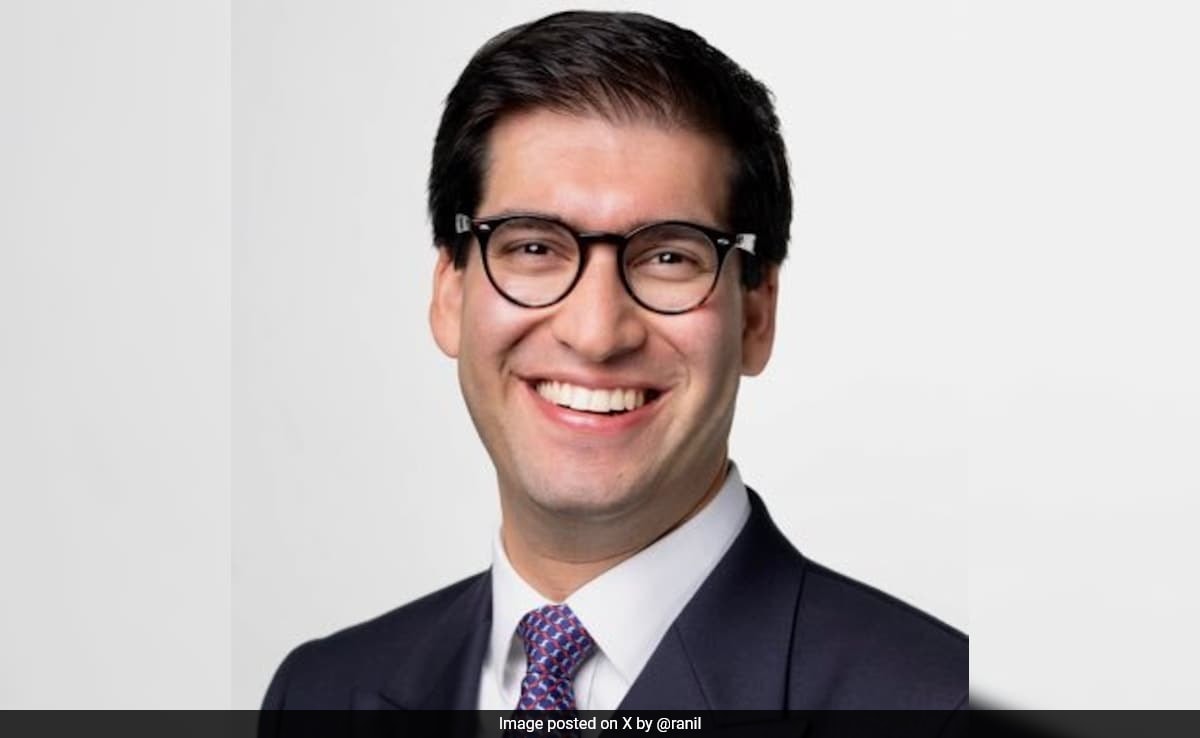HONG KONG:
YouTube
said Wednesday that it will comply with a Hong Kong
court order
to curb access to videos related to a protest song amid deepening concerns for free speech in the city.
Hong Kong's appeal court last week granted the government's request for an injunction against "Glory to Hong Kong", an anthem that emerged during the city's 2019
pro-democracy movement
.
The case has been closely watched for how it would affect tech firms and internet platform operators - a concern that has been raised internationally over the free flow of information in Hong Kong.
The court order banned a range of acts including performing and broadcasting the song with
criminal intent
, and listed 32 YouTube videos that the government deemed problematic.
YouTube confirmed on Wednesday that it would block access to those 32 videos from Hong Kong users with immediate effect.
"We are disappointed by the Court's decision but are complying with its removal order," YouTube said in a statement on Wednesday.
"We'll continue to consider our options for an appeal, to promote access to information," it said, expressing concern the ruling would have a chilling effect on free expression online around the world.
All 32 YouTube videos listed in the court order were inaccessible from Hong Kong on Wednesday, AFP found, with some pages saying "this content is not available on this country domain due to a court order".
Last year, Hong Kong officials sought a court order after the song was mistakenly played at international sporting events as Hong Kong's official anthem, instead of China's "March of the Volunteers".
Officials at the time demanded internet giants such as Google remove the anthem from their search results and video platforms, but without success.
The United States has slammed the ban as a blow to Hong Kong's international reputation, while Beijing authorities defended the ban as a "necessary measure" to safeguard national security.
Lokman Tsui, a digital rights researcher, formerly Google's head of free expression for Asia and the Pacific, said it was "very disappointing that Google has decided to comply with a blatant request for political censorship".
Cornelius Hanung of the human rights group FORUM-ASIA said the court order was an "extraordinary measure", taking Hong Kong closer to countries "like Myanmar and Laos in terms of freedom of expression, where authoritarian governments impose a blanket approach to cripple rights".
AFP has contacted the Hong Kong government for comment.

 7 months ago
28
7 months ago
28









